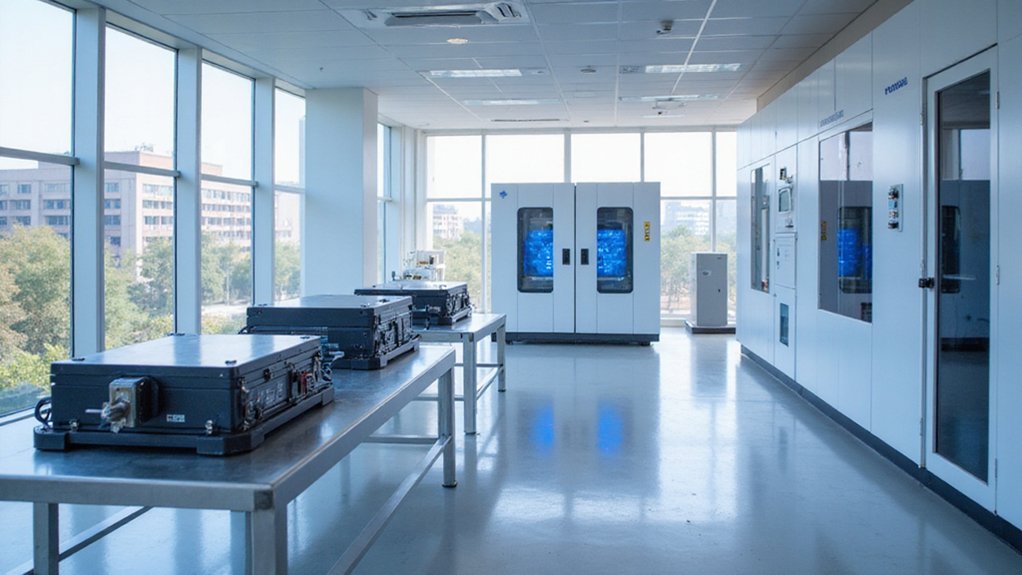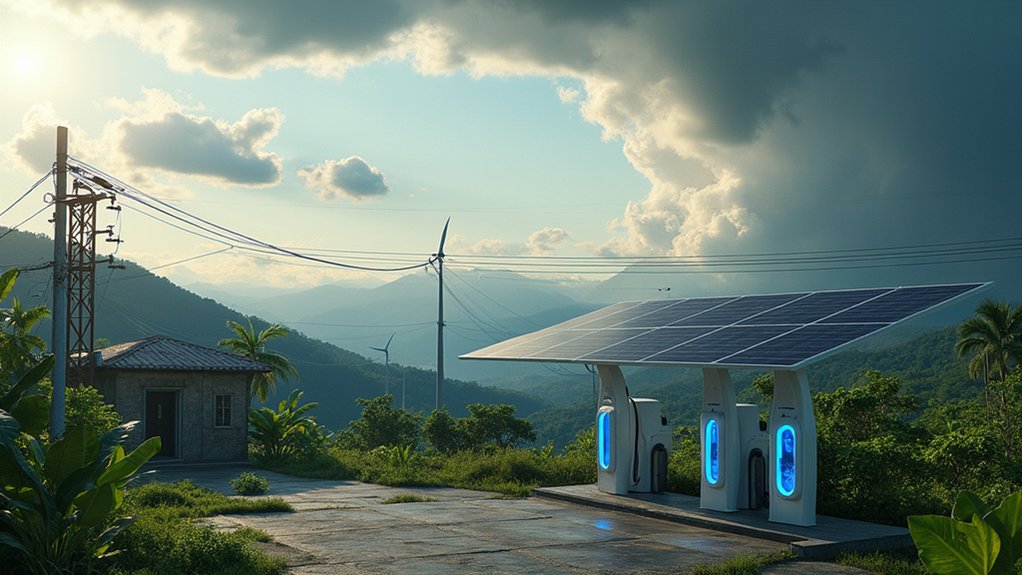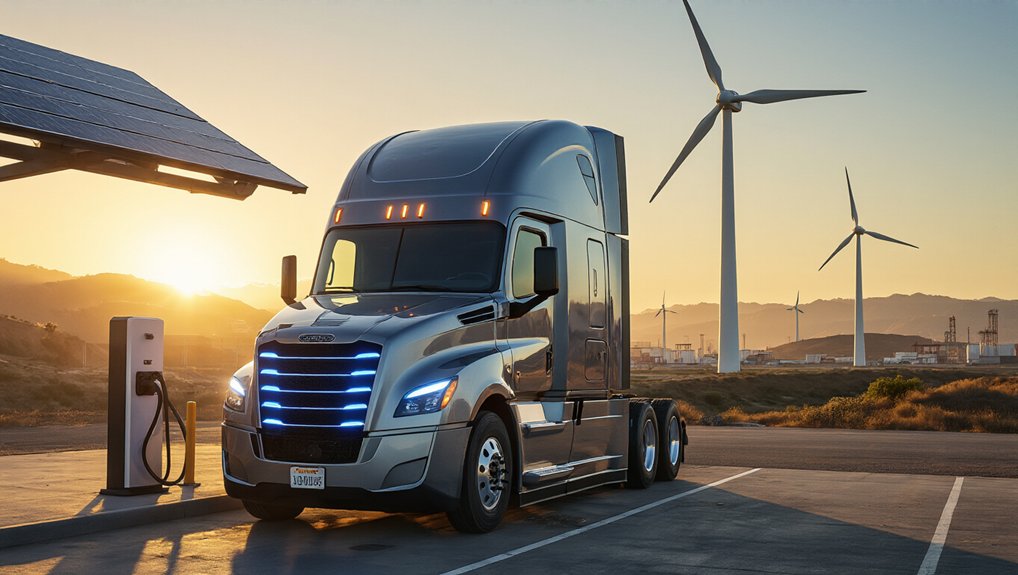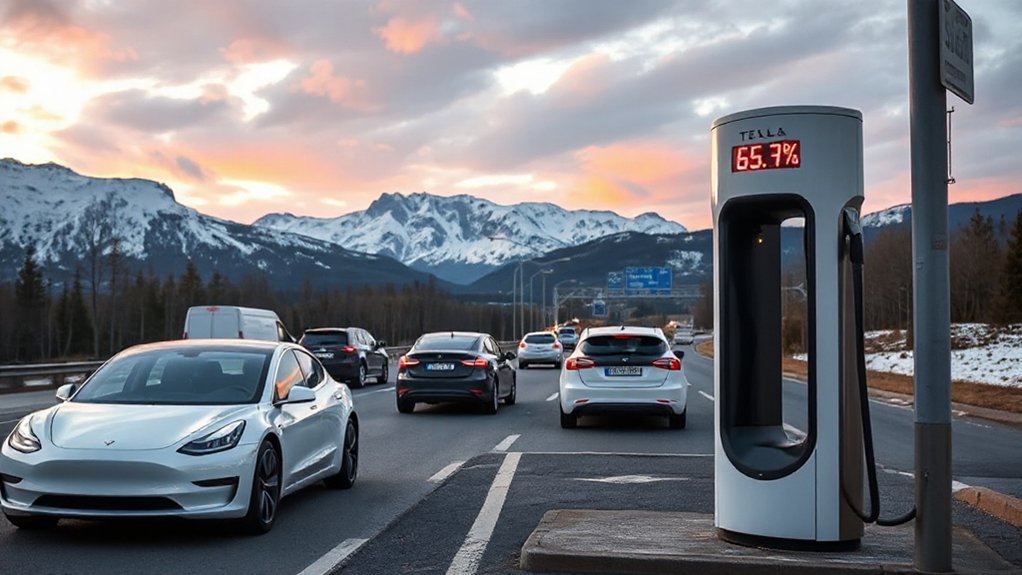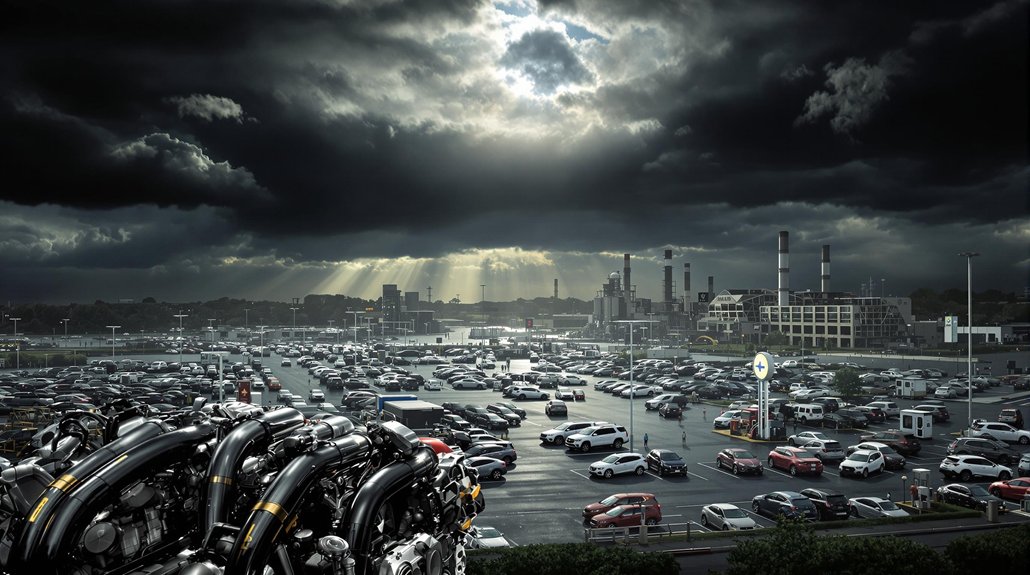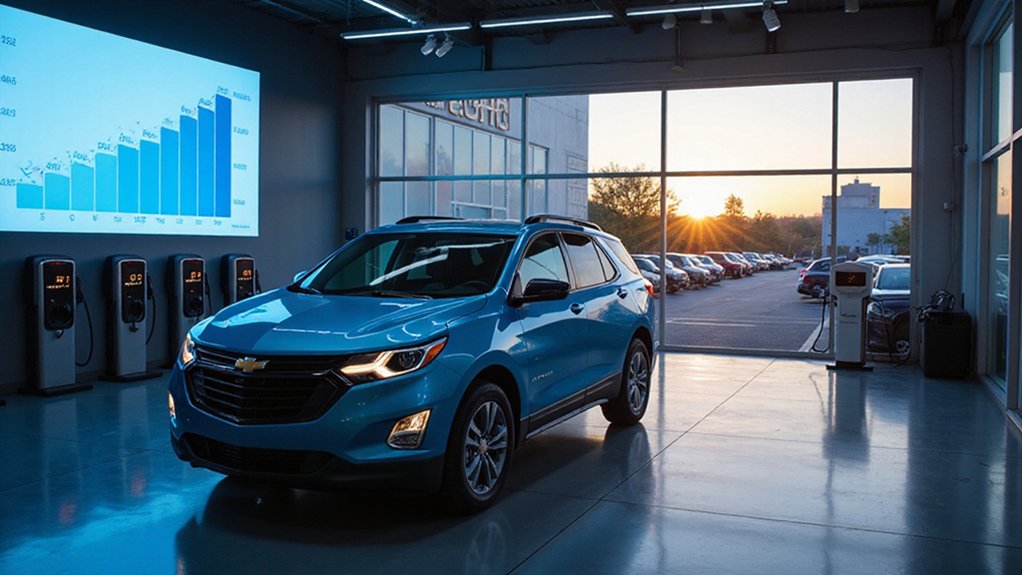Hyundai’s pumping $7 million into IIT Delhi over five years. Big deal. They’re building a Battery Center of Excellence, collaborating with three IITs and 30 professors. Research focuses on battery design, safety, and solving India’s unique EV challenges. Started in December 2024, the center’s already running nine projects. It’s Hyundai’s first academic partnership in India. Could boost battery efficiency by 300-500%. The juicy tech details await beneath the surface.
While global automakers scramble to stake their claim in the EV transformation, Hyundai Motor Group has quietly forged a game-changing partnership with one of India’s premier technical institutions. The South Korean automotive giant inked a strategic Memorandum of Understanding with IIT Delhi in December 2024, committing a whopping $7 million over five years. Not exactly pocket change, is it?
The partnership establishes the Hyundai Center of Excellence on IIT Delhi’s campus, where researchers will tackle battery challenges unique to the Indian market. We’re talking battery cell design optimization, energy density improvements, and safety enhancements. This groundbreaking initiative represents Hyundai’s first academic-industrial collaboration in India. Because let’s face it—Indian roads and climate aren’t exactly a walk in the park for EV batteries.
Innovation doesn’t happen in a vacuum—it happens where the rubber meets India’s challenging roads.
What makes this collaboration particularly interesting is its multi-institutional approach. IIT Delhi isn’t going it alone. They’re bringing in the brainpower of IIT Bombay and IIT Madras too, with approximately 30 professors engaged across all three institutions. That’s a lot of PhDs in one room.
The Hyundai Battery and Electrification Research Center opened its doors in April 2025, equipped with state-of-the-art facilities for testing and development. The center is already working on nine joint research projects focusing on battery cells, systems, and testing technologies. Fancy toys for the professors, fundamentally.
Knowledge exchange forms a vital component of this partnership. Hyundai’s battery experts from South Korea will deliver special lectures and conduct training programs. The initiative could achieve 300-500% efficiency similar to geothermal heat pump technologies. Because nothing says “we’re serious about this” like flying in experts from halfway around the world.
The strategic implications could be massive. India’s electric mobility landscape is ripe for disruption, and Hyundai clearly wants to be the disruptor. Developing technologies specifically adapted to Indian conditions might finally make EVs practical for the average Indian consumer. No more range anxiety during monsoon season!
This five-year commitment through 2029 demonstrates Hyundai’s long-term vision for India’s electric future. And in the fast-evolving EV space, that kind of stability is rare. Almost as rare as finding a charging station in rural India—for now, anyway.
References
- https://www.hyundainews.com/releases/4434
- https://www.automotivetestingtechnologyinternational.com/news/battery-powertrain-testing/hyundai-opens-battery-and-electrification-research-center-at-indian-institute-of-technology-delhi.html
- https://home.iitd.ac.in/show.php?id=582&in_sections=News
- https://apacnewsnetwork.com/2025/04/hyundai-partners-with-iit-delhi-to-advance-battery-research-for-electric-mobility/
- https://www.just-auto.com/news/hyundai-in-ev-research-partnership-with-indian-universities/
